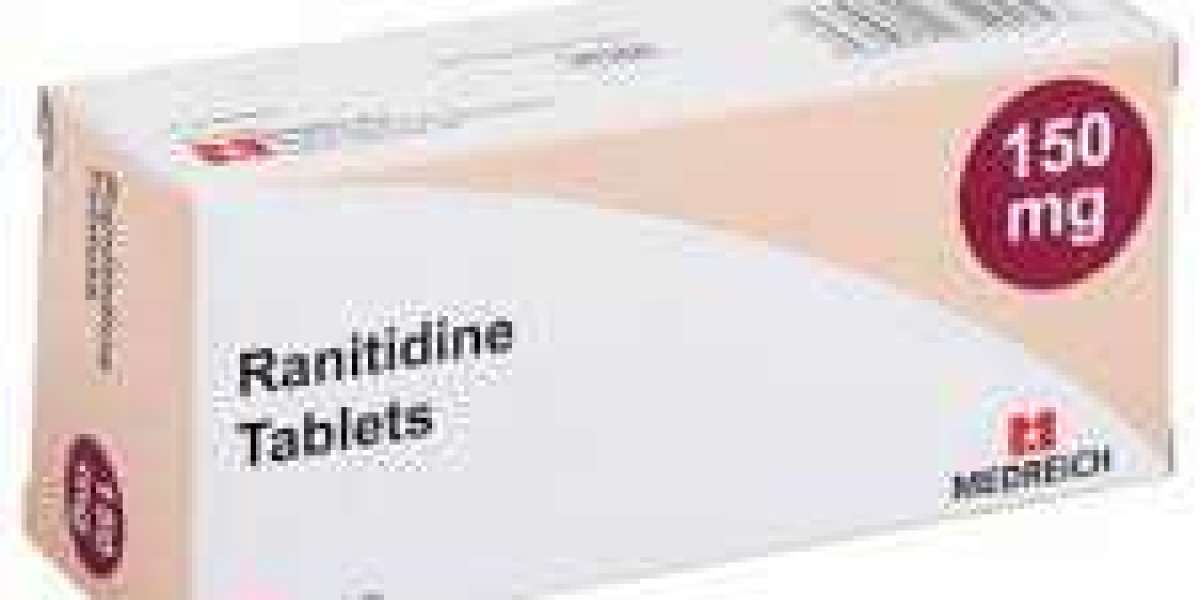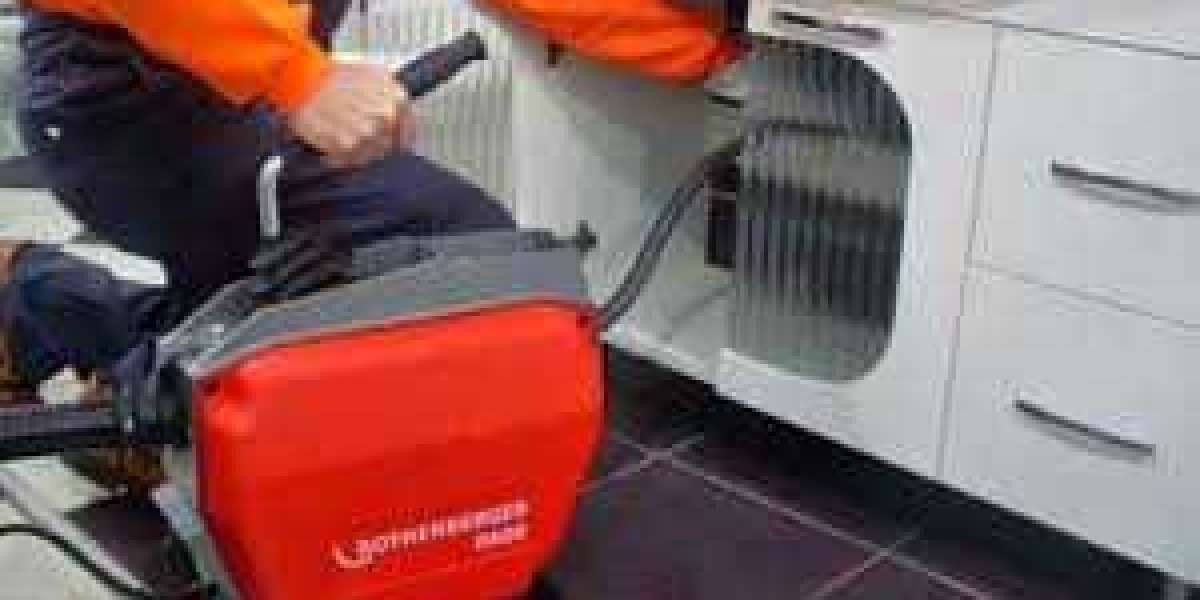Ranitidine 50mg, once a widely used medication for heartburn and acid reflux, was pulled from the market in 2020 due to the presence of a potentially cancer-causing substance called N-nitrosodimethylamine (NDMA).
What was Ranitidine?
Ranitidine, previously sold under the brand name Zantac, belonged to a class of drugs called histamine-2 receptor antagonists (H2RAs). These medications worked by blocking the production of stomach acid, thereby reducing heartburn, indigestion, and other symptoms of acid reflux disease (GERD).
Why was Ranitidine removed?
In September 2019, trace amounts of NDMA were discovered in ranitidine during independent laboratory testing. NDMA is classified as a probable human carcinogen by the International Agency for Research on Cancer (IARC). Although the levels of NDMA initially detected were low, concerns grew as further testing revealed that NDMA levels could increase significantly over time and with exposure to higher temperatures.
In April 2020, the U.S. Food and Drug Administration (FDA) requested the immediate withdrawal of all ranitidine medications from the market. This decision was made out of an abundance of caution to protect public health.
What are the risks of NDMA exposure?
NDMA is found in low levels in various foods and environmental sources. While short-term exposure to low levels of NDMA is unlikely to cause harm, long-term exposure to higher levels may increase the risk of developing cancer, particularly stomach cancer and liver cancer.
What are the alternatives to Ranitidine?
Several alternative medications are available for treating heartburn and GERD, including:
Other H2RAs: Famotidine (Pepcid) and cimetidine (Tagamet) are similar to ranitidine in their mechanism of action but have not been shown to contain NDMA.
Proton pump inhibitors (PPIs): These medications, such as omeprazole (Prilosec) and esomeprazole (Nexium), work more effectively than H2RAs by suppressing stomach acid production.
Antacids: These medications, such as calcium carbonate (Tums) and aluminum hydroxide (Mylanta), neutralize stomach acid and provide quick relief from heartburn symptoms.
What should you do if you were taking Ranitidine?
If you were taking ranitidine, it is important to talk to your doctor. They can help you find a safe and effective alternative medication and provide guidance on any potential risks associated with NDMA exposure.







